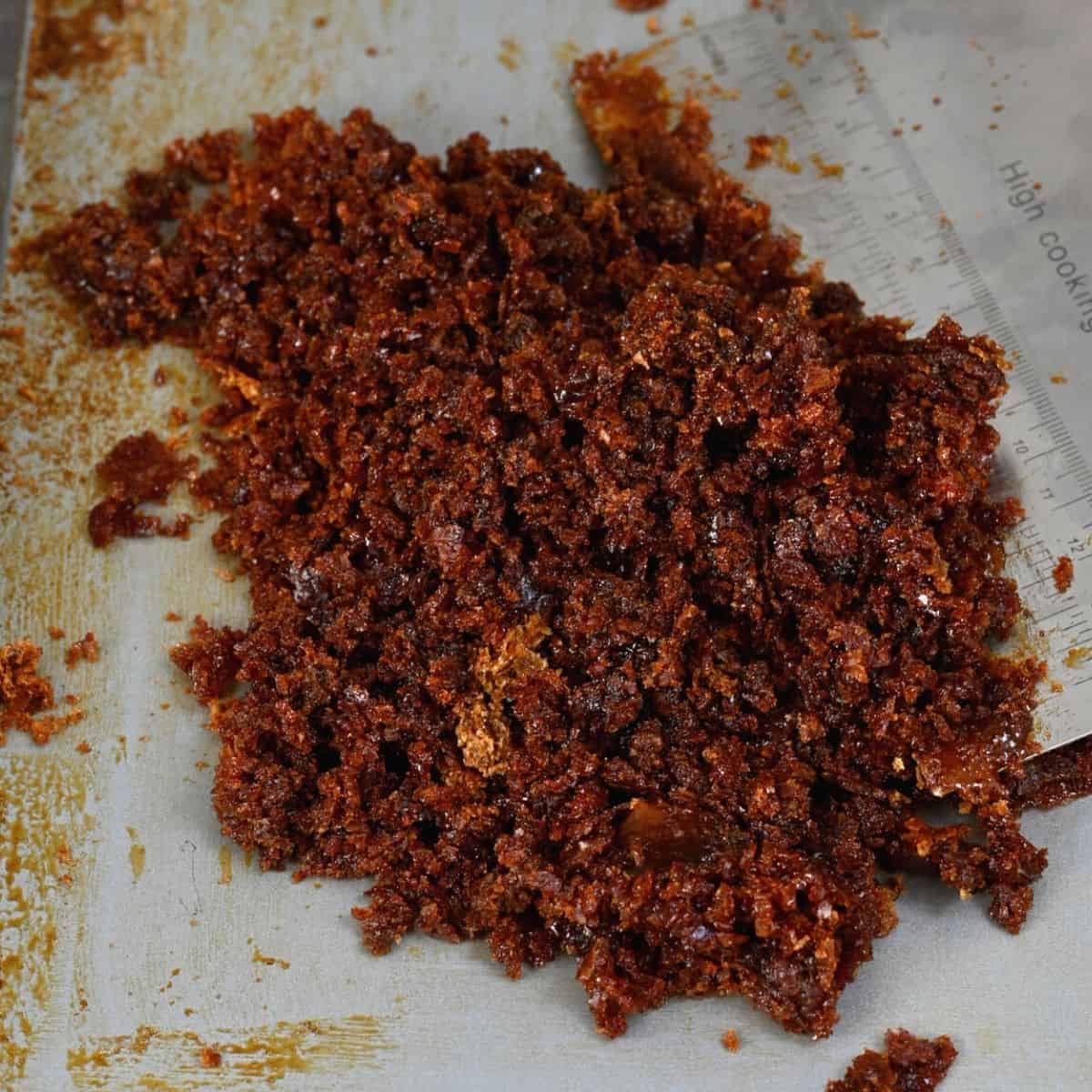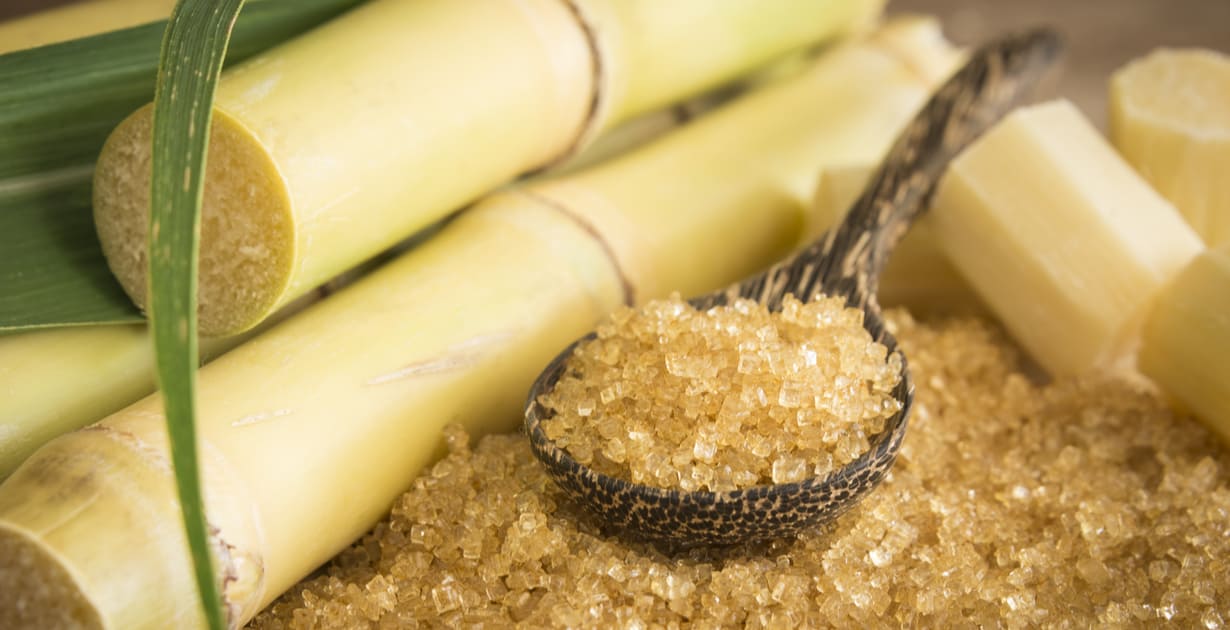An In-depth Summary of the Health and Economic Effects of Walking Stick Sugar Handling on Neighborhood Areas
Walking cane sugar processing plays a critical function in forming the economic landscape of local communities, using employment chances and boosting ancillary industries. Nonetheless, the health implications related to high sugar consumption can not be forgotten, as they contribute to rising rates of obesity and diabetes mellitus. This nuanced vibrant invites a crucial exam of exactly how communities can optimize economic gains while attending to the pushing health and wellness challenges they encounter. The expedition of educational efforts and lasting methods may simply hold the secret to integrating these conflicting passions. What techniques might neighborhoods execute to attain this equilibrium?
Financial Advantages of Walking Stick Sugar Processing
Walking cane sugar processing supplies significant economic advantages that prolong beyond the prompt agricultural sector. The farming and handling of sugarcane produce numerous task chances, from farming to manufacturing and circulation. This work generation not only sustains neighborhood economic situations yet also cultivates community advancement by offering stable earnings sources for households.
Furthermore, the sugar industry boosts supplementary businesses, consisting of transport, tools supply, and packaging solutions (Cane Sugar Processing). As these sectors expand, they contribute to a more durable financial framework, enhancing general area resilience. The export capacity of processed walking stick sugar further intensifies financial benefits, placing regions as affordable gamers in global markets
Financial investment in contemporary processing centers can lead to boosted performance and efficiency, consequently lowering waste and optimizing resource usage. This shift not only benefits the regional economic situation but likewise supports sustainability initiatives by reducing environmental effects.
Furthermore, the earnings generated from walking stick sugar processing can be reinvested in neighborhood framework, education, and healthcare, promoting alternative area development. On the whole, the economic benefits of walking stick sugar handling are multifaceted, providing a foundation for enduring prosperity in agricultural regions.
Health Dangers Associated With Sugar Usage
Excessive sugar intake postures substantial wellness risks that call for major focus. High intake of included sugars, specifically from processed beverages and foods, has been connected to many health difficulties.
Additionally, high sugar consumption is linked with cardiovascular condition. Elevated blood sugar level degrees can cause insulin resistance, a precursor to different heart-related concerns. Additionally, sugar can have damaging effects on oral health and wellness, causing cavities and gum tissue illness, as bacteria in the mouth flourish on sugar, producing acids that wear down tooth enamel.
Furthermore, emerging study recommends a possible link between high sugar consumption and psychological wellness problems, such as depression and stress and anxiety. As areas face these health and wellness threats, it becomes necessary to advertise awareness and encourage healthier nutritional selections. Attending to sugar usage is vital not just for individual health but likewise for the total health of regional areas, emphasizing the need for extensive public health methods.
Ecological Effects of Sugar Production
Often ignored in discussions about sugar's implications is the substantial ecological effect of sugar production. The growing of sugarcane usually demands considerable land usage, bring about logging, loss of biodiversity, and interruption of local environments. The conversion of woodlands and wetlands right into sugar haciendas can cause habitat destruction, harmful countless types and altering eco-friendly equilibrium.
Additionally, sugar production is resource-intensive, consuming significant quantities of water for irrigation. This can lead to deficiency of regional water sources, adversely influencing both farming techniques and area access to clean water. Furthermore, making use of chemical plant foods and pesticides in sugarcane farming can add to soil degradation and water air pollution, as overflow from these chemicals enters nearby rivers and lakes, influencing water life and human wellness.
The environmental footprint includes the handling phase, where energy usage and waste generation more intensify ecological problems. Air pollution from burning sugarcane fields, in addition to greenhouse gas emissions, add to climate change. Because of this, the ecological effects of sugar manufacturing warrant serious consideration, advising stakeholders to take on even more sustainable methods to minimize these negative results on local ecosystems and communities.
Work Production and Area Growth
The environmental obstacles postured by sugar manufacturing are commonly counteracted by its possibility for financial benefits, especially in task development and area development. The cane sugar industry acts as a substantial source of work in many backwoods, giving work throughout various skill levels, from farming labor to handling and circulation roles. This employment not just supports specific family members a knockout post yet likewise adds to the total financial vitality of local communities.
In addition, the facility of sugar processing centers boosts ancillary businesses, such as transportation solutions, equipment supply, and maintenance providers. As these services grow, they produce additional tasks and strengthen neighborhood economic climates. The profits created from the sugar market likewise causes increased tax obligation earnings, which can be reinvested into social work such as medical care, facilities, and education growth.
Moreover, the sugar sector often participates in area development initiatives, such as sustaining neighborhood schools and health and wellness programs, consequently improving the top quality of life for locals. By promoting strong community ties and advertising economic development, the cane sugar processing market plays an essential role in uplifting local populaces, making it an essential component of lasting growth strategies in sugar-producing regions.
Harmonizing Wellness and Economic Development
In browsing the complexities of walking cane sugar processing, an important difficulty lies in balancing health considerations with financial growth. The sugar sector significantly adds to neighborhood economies by generating tasks, promoting related industries, and boosting tax obligation profits. Nevertheless, the health implications connected with extreme sugar consumption can result in chronic conditions such as excessive weight, diabetes mellitus, and cardio issues, which can concern public wellness systems and diminish labor force productivity.

Additionally, governing structures can play a pivotal role in leading market methods in the direction informative post of even more health-conscious and sustainable techniques. By cultivating partnership between federal government bodies, health companies, and the sugar industry, areas can browse the duality of health and wellness and financial development, making sure that the advantages of walking stick sugar handling are equitably shared while prioritizing public wellness.
Verdict
To conclude, the processing of walking stick sugar provides both substantial financial advantages and significant health and wellness threats for local areas. While it fosters task development and promotes local growth, the associated health and wellness worries, particularly relating to weight problems and diabetic issues, require a mindful harmonizing act. By advertising liable usage and investing in neighborhood education and lasting practices, it is feasible their website to make best use of economic advantages while reducing negative health and wellness effects, thereby making certain a much healthier future for neighborhood populations.
In addition, sugar can have detrimental impacts on oral health, resulting in dental caries and gum illness, as bacteria in the mouth thrive on sugar, creating acids that wear down tooth enamel.
Addressing sugar consumption is crucial not just for individual health and wellness however additionally for the overall wellness of regional areas, emphasizing the need for extensive public health approaches.
Frequently overlooked in discussions concerning sugar's effects is the considerable ecological influence of sugar production. The wellness ramifications connected with too much sugar usage can lead to chronic diseases such as weight problems, diabetes, and cardio concerns, which can concern public health systems and lessen workforce performance.

Comments on “The Science Behind Cane Sugar Processing: Just How Sweetness is Refined”